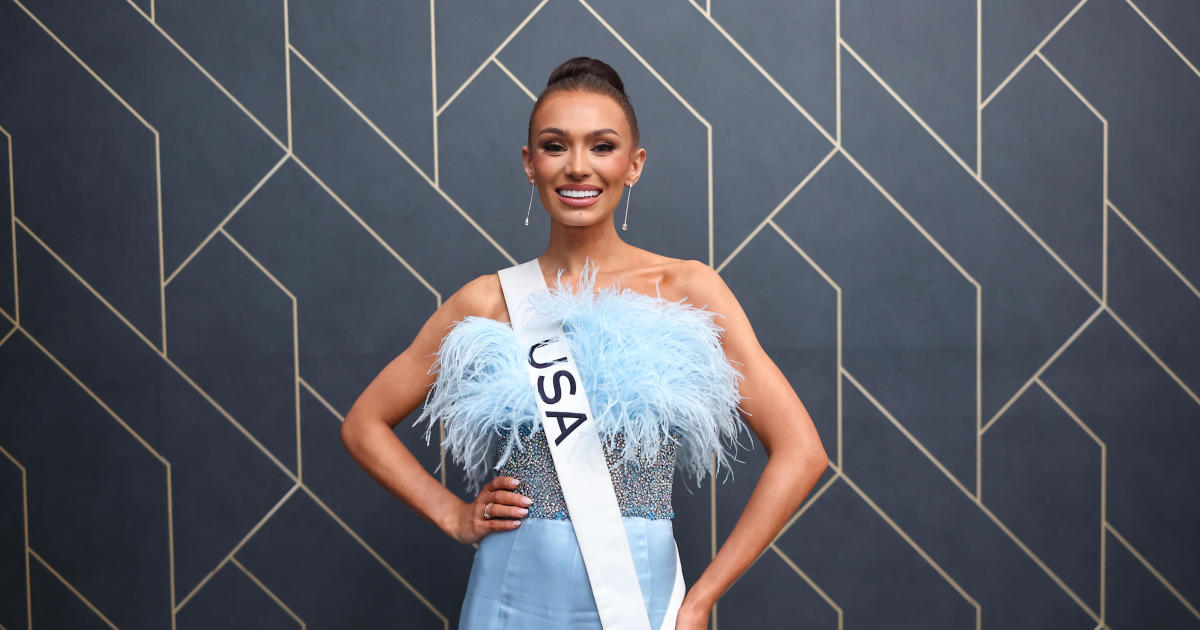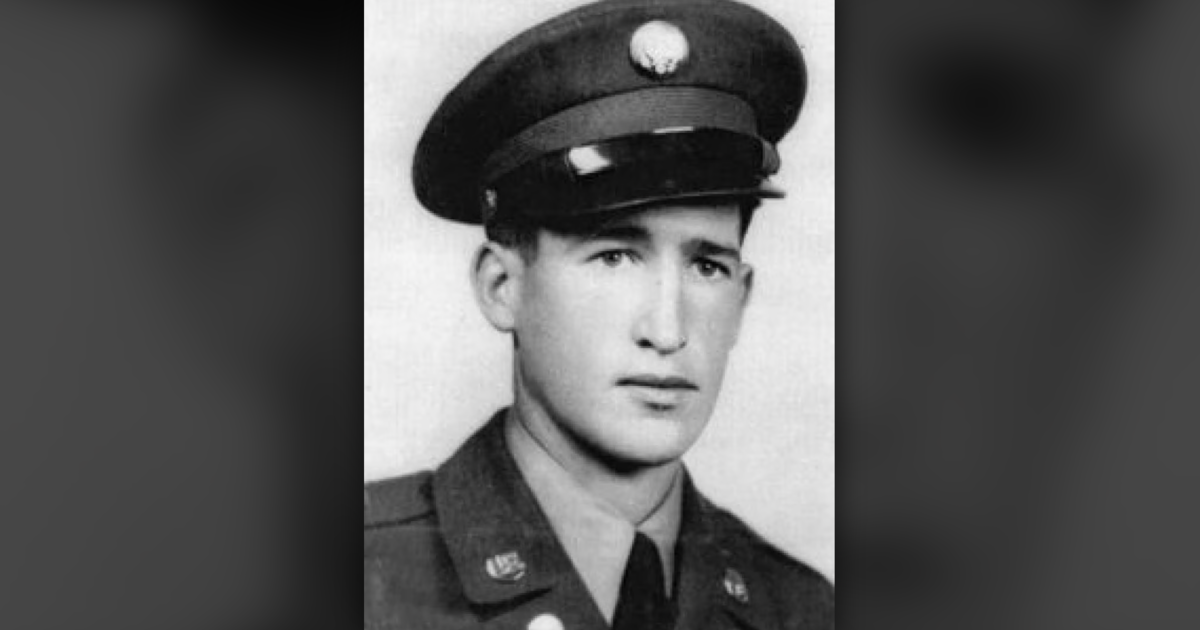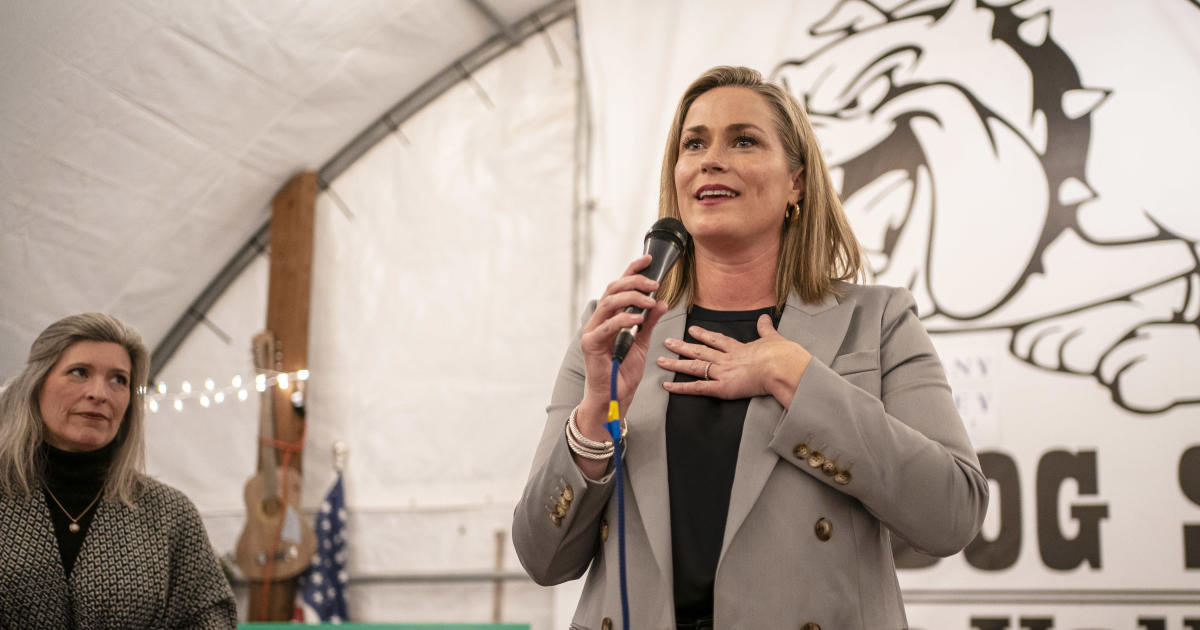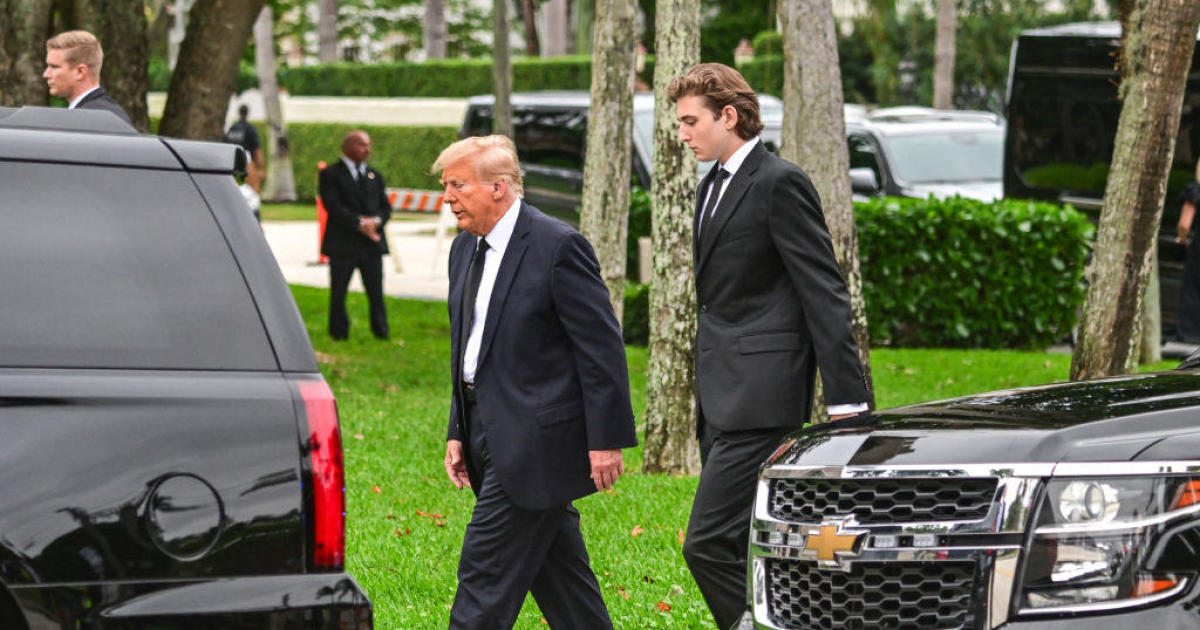Former HHS Secretary says national coronavirus testing strategy needed to reopen schools
As the fall semester approaches, the decision of whether to bring millions of students and staff back to school has fallen largely on local school districts and university administrators.
But in order to prepare for the eventuality of coronavirus surges on campus, and avoid shuttering campus gates once more, a former administration official says that the Trump White House needs to implement a national COVID-19 testing strategy in order to safely reopen and return to "normal."
"A national approach to testing is the way that we will get to the place where the testing capacity and the testing speed that we need is there," Former Health and Human Services (HHS) Secretary and current President of American University Sylvia Burwell said in an interview with "Face the Nation" moderator Margaret Brennan on Wednesday.
"Right now, we are doing it in region by region, sector by sector. And an overarching approach is something that would be very helpful to getting to the place where you can do things like bring the schools up, elementary and secondary and your universities, and it will be the backbone on which we can build the rest of bringing the parts of the economy back more fully," she explained.
Her comments come just as major universities, including the University of North Carolina-Chapel Hill, have been forced to shut down after coronavirus cases emerged among students and staff just one week into the fall semester.
It's a reality Burwell knows all too well after initially planning for a "hybrid" learning environment of online and in-person classes combined with reduced on-campus living. Just one month later, Burwell made the decision, in consultation with a team of epidemiologists and local officials including DC Mayor Murial Bowser, to move all courses to the virtual space, and halt the traditional trappings of a fall semester on the college campus.
"I spent a lot of sleepless nights making the decision to change us from what was a blended model with some students coming back to where we are now," she said.
Burwell acknowledged the physical and financial stressors of having to prepare for an eventuality of positive COVID cases on campus -- adding to an already stretched budget. The university projects a loss of upwards of $100 million due to the pandemic and Burwell anticipates having to tap into their financial reserves to maintain operation.
As more secondary and 4-year institutions attempt to provide in-person learning, so does the need for on-campus testing. Rising demand for coronavirus tests in the month of July outpaced the nation's largest commercial laboratories' ability to quickly process test results, leading to backlogs and delays nationwide, and inaccurate reporting in some of the hardest-hit states, like Texas and California.
In addition to backlogs, the amount of tests conducted has declined through the month of August after reaching a peak in July, according to data from The COVID Tracking Project. The organization calculated a seven-day average of about 743,700 tests conducted on Tuesday, down from an average of 822,500 tests three weeks ago. Experts have warned that's not enough to curb the spread.
Dr. Ashish Jha, director of the Harvard Global Health Institute, has said that based on current outbreak levels, the United States needs to be conducting at least four to five million tests a day.
The administration says that is an impossible goal to achieve -- giving little comfort for families looking to send off their kids to college.
"There is no physical way to do five million tests per day in this country," HHS Assistant Secretary Adm. Brett Giroir said last week. He defended the administration's actions, saying "everything that can possibly be done has been done" to increase testing capacity.
But public health experts are hopeful that new technology can turn things around.
Last week, the Food and Drug Administration approved a saliva test developed by researchers at the Yale School of Public Health called "SalivaDirect." The test offers a faster turnaround than the standard diagnostic test while producing results that are just as accurate. According to Yale, the approach will free up lab capacity by validating multiple vendors and doesn't require chemical reagents or swabs already in short supply.
The NBA, which funded Yale's research, has used SalivaDirect as a way to screen asymptomatic players and staff. The sports organization has been hailed for their preventative approach to the coronavirus pandemic since its outbreak.
The University of Illinois at Urbana-Champaign has launched a similar saliva test developed by researchers on campus to screen more than 50,000 students and faculty. With results coming back in three to five hours, the University has already reached its goal of 20,000 tests per day and is aiming to test students twice per week as part of its plan to bring students back to campus.
Following the FDA's approval, Dr. Scott Gottlieb, who served as the agency's commissioner from 2017-2019, predicted a "real explosion in testing opportunities" that will soon enter the market, allowing the U.S. to be less "dependent upon lab-based testing which is what has been in short supply."
Burwell noted, however, that "it's important to recognize testing won't be enough." Bringing students back to campus includes utilizing testing "as a form of surveillance, not just a diagnostic tool."
"You have to think about it in terms of prevention, detection and response. We want to do everything we can to prevent cases. That means lower case count...And it means that once you understand that being able to control so you control the potential outbreaks that you would have on campus," she said.
As cases surged around the country after lockdown measures were lifted in May, it became evident that social mitigation strategies rely not just on restrictions, but also public compliance.
"You have to do the contact tracing and you will have to do isolation when you find out that you have it. The other thing is you really have to do this public health measures. And that's where we as individuals are so responsible for helping make this better. And that's the masks. That's the distance. That's the handwashing," Burwell explained.
Meanwhile, Burwell, whose resume includes implementing the Affordable Care Act during the Obama administration, says COVID-19 has shed a light on the need for voters and consumers to be thinking about health care when they vote this November.
"I think that the issue of health care is an issue that we know was very relevant in the most recent midterm elections. And we know that many people are focused on the important issue of health care going into this before COVID-19," said Burwell.
"I think that COVID-19 is just going to bring the health and the health care issues more to the forefront as people are thinking about the issues that are most important to them, building on the Affordable Care Act and making sure that you are not tearing it down, that you build on the progress that you had and you think about it in terms of access, affordability and quality."
While the Trump administration is currently embroiled in lawsuits over the ACA's individual mandate, attempting to dismantle the cornerstone health policy of the Obama White House, President Trump now says he is looking to roll out an Executive Order to protect consumers with pre-existing conditions.
A key part of the ACA, notably, already prohibits any insurance company from denying coverage to those with pre-existing conditions or charging them a higher premium for said condition.



